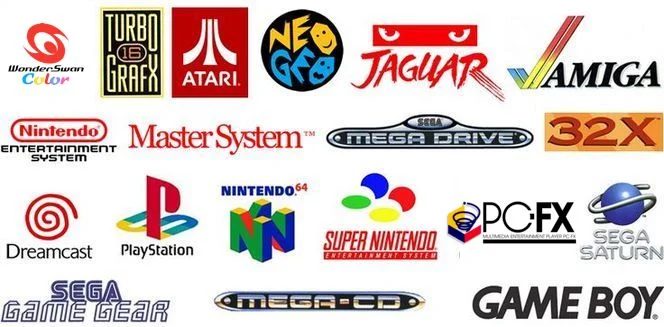
Facebook’s Head of News Feed Adam Mosseri Explains Recent Overhaul

On Thursday, Facebook announced that it would reduce the number of posts from businesses and the media in the News Feed. The company has promised to prioritize updates from friends and family.
Prioritizing what your friends and family share is part of an effort by Facebook to help people spend time on the site in what it thinks is a more meaningful way. Facebook is making the changes by tinkering under the hood, reconfiguring its algorithms that guess what you may be most interested in.
Wired’s Fred Vogelstein sat down with Facebook’s head of News Feed Adam Mosseri for an interview to discuss the changes and why they are necessary for the company. Mosseri said that the company’s main goal is to help connect more people:
“So what we’re talking about is a ranking change where we’re trying to focus or trying to look at how we might help—or use ranking to help people become closer together, connect people more. Newsfeed was founded—or Facebook was founded in a lot of ways—to connect people. So we want to see if we can do that better.”
To do this, Mosseri says that Facebook will adjust their algorithms to “better identify meaningful social interactions between people.” In doing this, he is aware that the company will have to focus less on how much time people spend on the site and even how much they share.
There will be more friend and family content, as well as Group content as it tends to inspire a lot of interesting conversations. Mosseri noted that communities are also becoming increasingly more active and vibrant on the social media platform.
Probably the biggest news is that there will be less video. Mosseri notes that video is an important part of the ecosystem but it’s very passive in nature. This tends to invoke a lower number of conversations.
Mosseri explains the specifics on what it will take to make this happen:
“So one of the key things is understanding what types of interactions people find meaningful, what inspires them to interact more or share more in the future. Some of the specific things would be like we’re going to be (weighing) long comments more than short comments, because we find regularly that if you take the time to actually write a more thoughtful perspective on something that correlates positively with a comment that someone actually would respond to or Like. It also correlates negatively with problematic content types like spam or uncivil content, et cetera.”
The biggest question most people have when they read about this is what happens to the news. Mosseri says that news content will receive some tailwind from this announcement. He said:
“News content that is more directly consumed by users—that they don’t actually talk about or share—will actually receive less distribution as a result.
But overall the way the ranking change works is it doesn’t take a look at news or even at video and say, we want to value that less—or friend content and say we want to value that more. It takes a look at what stories actually inspire meaningful interactions between people, and values those more.
So if a specific piece of news or even a video we think will inspire more conversation or more interaction, that will actually do better post-launch of this change. But on average video content tends to facilitate less interactions because it’s passive in nature.”
What do you think about Facebook’s latest announcement and strategy for the News Feed? Let us know in the comments below!
Be sure to read the entire interview with Mosseri from Wired.

